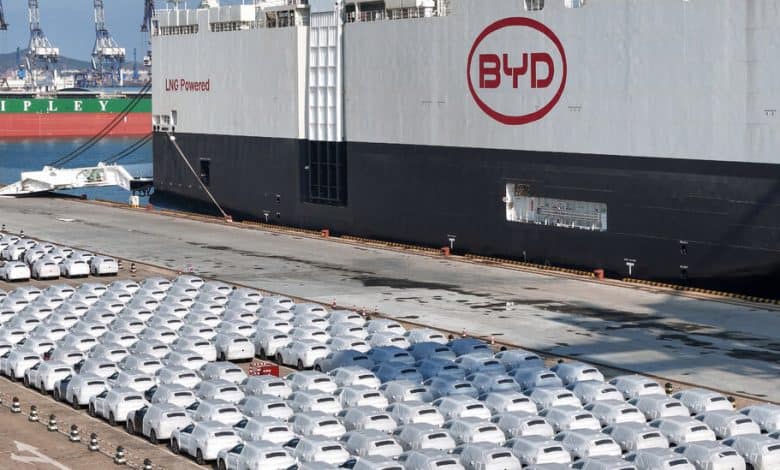What to Know About Europe’s Extra Tariffs on Chinese Electric Cars

The European Union said on Wednesday that it would impose additional tariffs of up to 38 percent on electric cars built in China, a move it said would help level the playing field for automakers in Europe.
The tariffs, which have been expected for months, come on top of existing 10 percent duties, but the level of their impact has been disputed. Some European automakers argue they will set off a trade war, but other experts have said they will not stop China’s dominance in the industry.
Instead, they argue that incentives to make low-emission cars more attractive to drivers are needed instead, if the European Union hopes to meet its goal to ban the sale of new internal combustion engine vehicles in 2035.
What does this mean for consumers?
Industry experts predict that the increased duties on electric vehicles from China will hurt consumers more than they do Chinese automakers, by increasing the price of the most affordable electric cars on the market.
But according to an investigation by the European Union, the entire supply chain of Chinese electric cars enjoy government subsidies that allow automakers there to drastically reduce their production costs. This gives Chinese producers an unfair competitive edge over their European rivals, the European investigation found.
BYD’s Dolphin model, for example, sells in Europe for about 32,400 euros, or about $34,900, compared with nearly €40,000 for a Tesla Model Y and €37,000 for a Volkswagen ID.4.